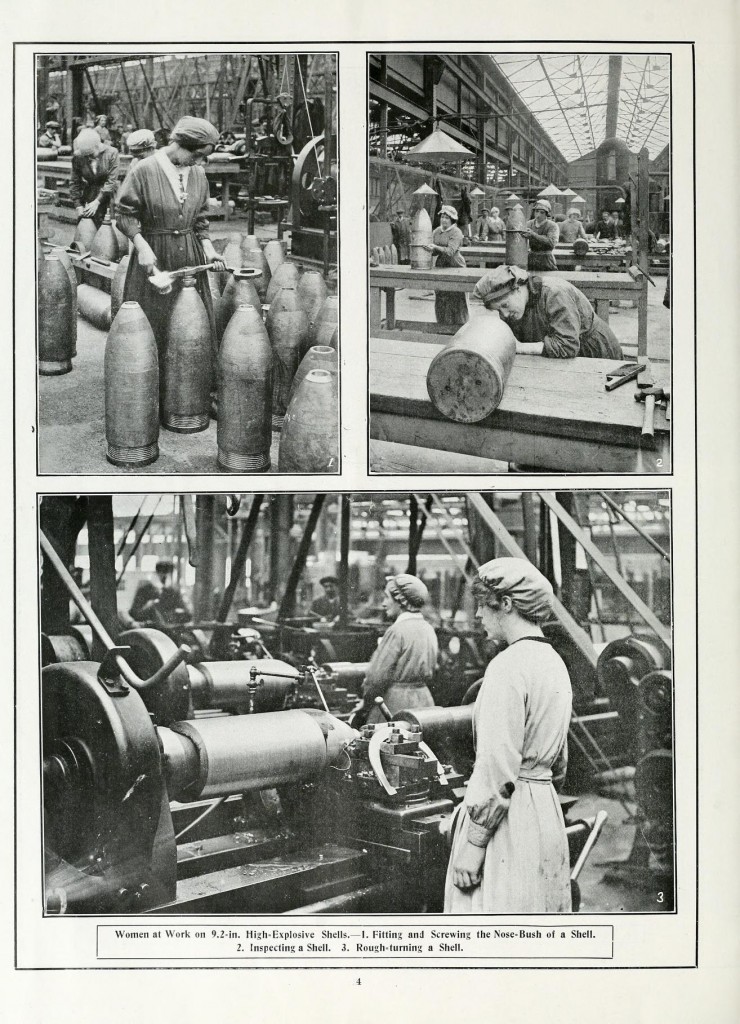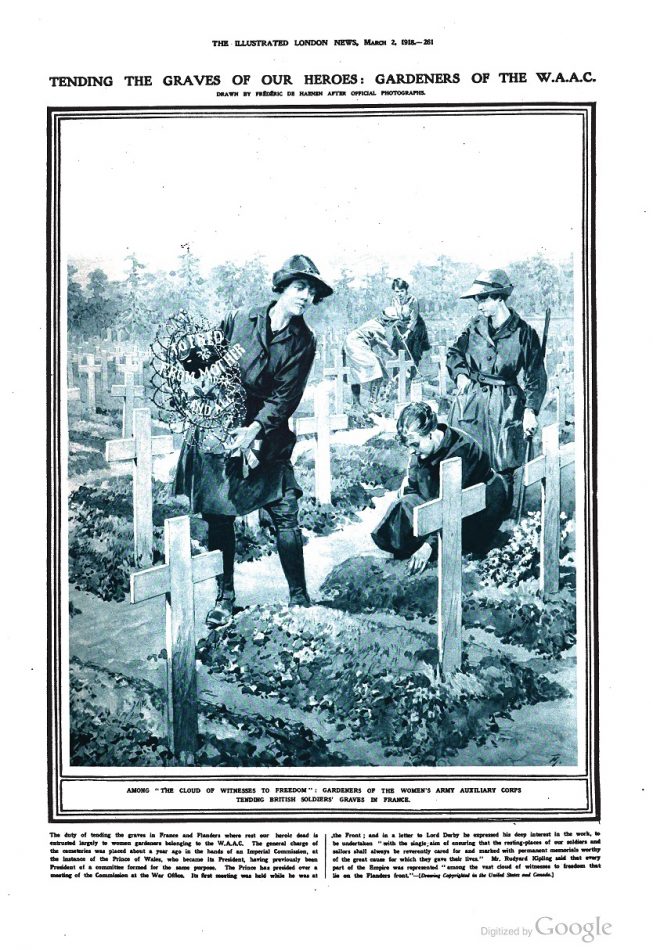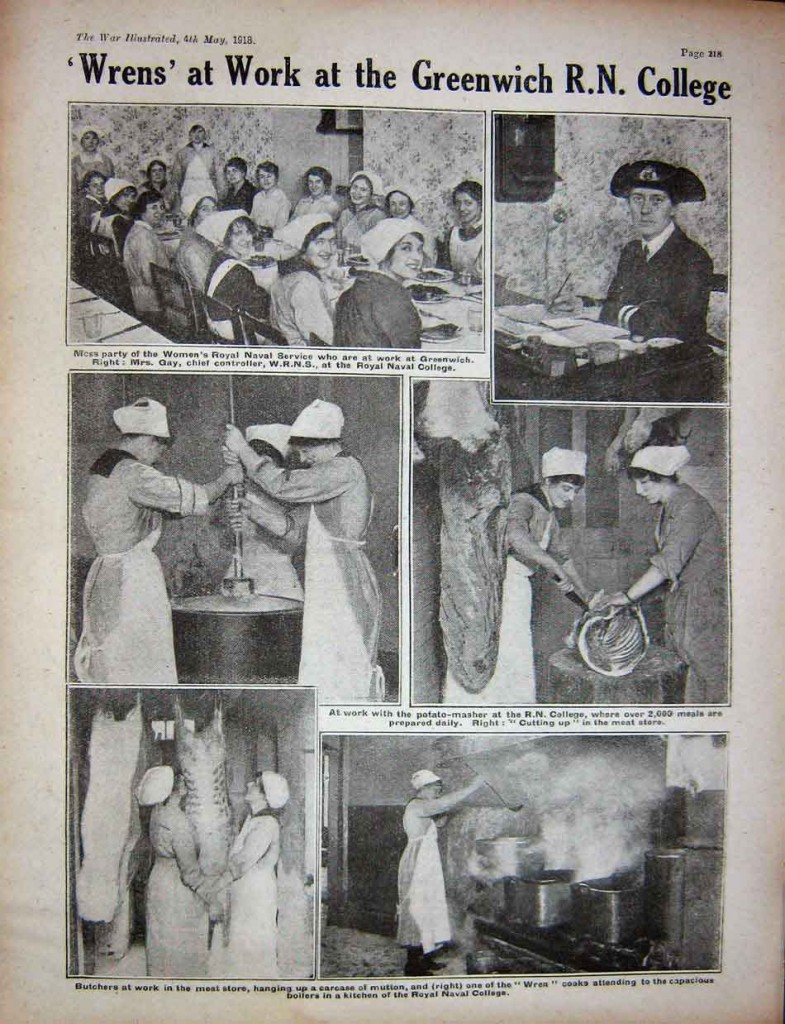From Carry On: British Women’s Work in War Time
If you're new here, you may want to subscribe to my RSS feed, sign up for my newsletter, or like EP on Facebook. Love what you're reading? Has it helped your school project or book? Consider making a small donation to keep Edwardian Promenade online and a free resource in the years to come!
Thanks for visiting!Welcome back! Love what you're reading? Has it helped your school project or book? Consider making a small donation to keep Edwardian Promenade online and a free resource in the years to come!
Share this:
- Click to email a link to a friend (Opens in new window)
- Click to share on Pinterest (Opens in new window)
- Click to share on Facebook (Opens in new window)
- Click to share on Tumblr (Opens in new window)
- Click to share on Twitter (Opens in new window)
- Click to share on Reddit (Opens in new window)
- Click to print (Opens in new window)





Do you know how the Edwardians would have reacted to images like these? Amid all the changes brought on by WWI, amid death and loss, how did they react to letting go of the ideal of femininity and woman as nurturer and “angel” (Patmore)?
The older generation let things go very slowly. For the most part, it was mostly middle-class and working-class women who worked in factories and drove ambulances in France, whereas aristocratic women opened their homes as hospitals and helped refugees, though sometimes they were hired by the government in good positions since they were “one of us” (class divisions died hard!). Young aristocratic women broke constraints as much as they could, which caused much friction in their relationship with their mothers, particularly if the young woman was partying and going out with men (i.e. Lady Diana Manners, dau. of Duke of Rutland). I think the largest social change for women was to be married at the regular age (18-21), and either lose one’s husband or not see him for long stretches of time, and some young married women took lovers or conducted affairs in way that would have ostracized them before WWI. Here’s a link to a discussion on Goodreads, which cites a number of books on the topic.
The first reaction to images of high explosive shells is – dangerous, unpleasant and non-rewarding work (except in the sense of helping the war effort Over There). But a more realistic response would be these women were given responsible jobs and the respect that would be due to them. I don’t suppose they received male pay for male work, did they?
Definitely not! I recall reading something about returning veterans resenting women for taking their jobs because they feared employers would think their male employees could work for the same (little) amount.
Thank you for your thoughts and the link, which led to several points to mull over, including “The fear that women may become masculine in nature performing the duties of the men at war may have been another fear of a society abhorring change. The traditional society was not willing to accept this seemingly deviant behavior as sign for things to come, but rather as a means to an end”.
You’re welcome Danielle! It seems the conflict of women acquiring “masculine” traits to work in society has never left us.